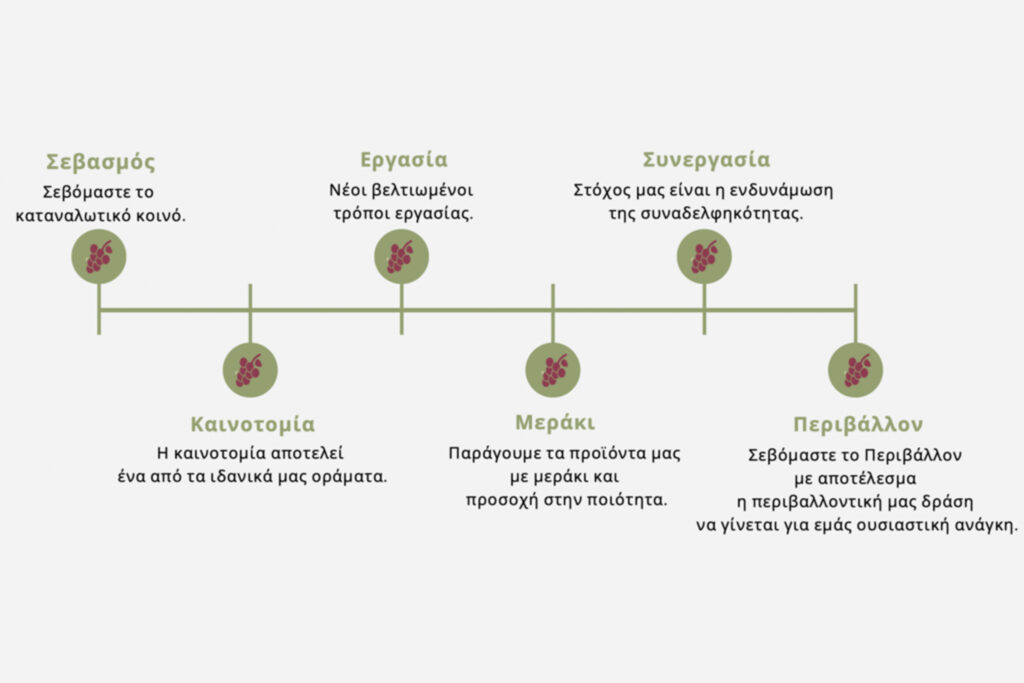About
Crafting Flavors, Nourishing Traditions
AIGRE S.A is a specialized vinegar production company dedicated to producing high-quality vinegar products and related items. Our mission is to provide consumers with a variety of delicious and unique vinegar flavors.
The expansion of our production is steadily growing, driven by the increasing demand from our customers for vinegar. AIGRE S.A is a major producer of commercial vinegar, offering the food industry a comprehensive collection of vinegar and entirely natural products with special ingredients, serving a wide range of markets in the food industry.
Combining a network of partners and the use of the most advanced equipment in the field of vinegar production, we promote the global market recognition of our products, expanding our export activities.
Based on the exclusive use of Greek raw materials, we aim to create innovative products and unique flavors. Our product range includes vinegar from red wine, white wine, and alcohol vinegar.
All our products are crafted with passion, always striving to create innovative items and unique flavors, with a commitment to maintaining excellent quality.
Vision | Values
We strive for efficiency and the achievement of our goals, while anticipating the satisfaction of unique needs and the use of new development and growth methods.
The dynamic growth and operation of AIGRE S.A. are based on continuous effort, responsibility, and quality. We produce our products with passion and attention to quality. We respect the consumer and our partners. Innovation is one of our ideal visions.
History
The French word “Vinaigre” means sour wine, hence the name of the company AIGRE S.A – EGKRE S.A.
The word “vinegar,” which means sour or acidic (oxinos), is composed of the words “oinos” (wine) and “oxys” (sour). As implied by its name, vinegar is wine that has turned sour under the influence of certain bacteria. However, even the producers who knew how to control the production process did not know what caused the souring (the conversion of alcohol into acetic acid, which creates vinegar).
This remained unclear until 1964, the time when Louis Pasteur studied the role of enzymes and microorganisms. He discovered that acetic fermentation was due to the bacterium Mycoderma aceti, which is carried by suspended dust particles. With the help of this bacterium and the presence of oxygen in the air, alcohol is transformed into acid.
As the acetic fermentation continues, bacteria multiply on the surface to form a thin white film. The traditional method was systematized primarily in the Orleans region of France, hence it took its name from there. In 1880, the industry introduced the rapid vinegar production method, which significantly reduced the cost of production. Vinegar is one of the main flavorings and an important preservative for meats, fish, and fruits.


